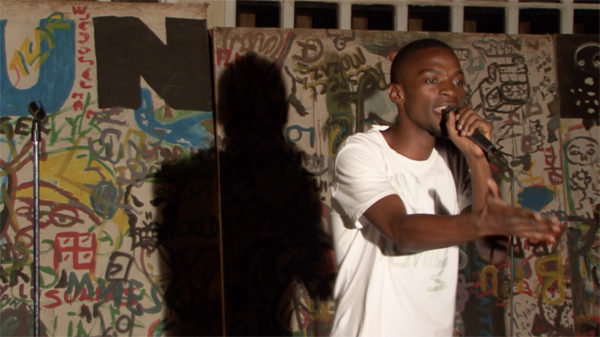
A powerful new documentary, Somebody Clap For Me, has brought to film the story of protest poetry in Uganda. The documentary, which had its world premiere at the just concluded Zanzibar International Film Festival which held 8-16 July, chronicles the beginnings and effect of the Bonfire Collective, a poetry group that arose in Uganda to challenge, through art, the political repression in their country. It is, by virtue of its subject and range, revolutionary.
In an email to Brittle Paper, the documentary’s media publicist, Peter Machen, stated that it is helmed by the Brazilian director Luciana Farah, as a project of the Maisha Lab project founded by renowned filmmaker Mira Nair, with support from the Doha Film Institute. It is Farah’s first film-length feature.
Described as “a rollercoaster ride from grassroots poetry to the political heart of Uganda” which “provides a fascinating window into life in a country in which three-quarters of the population is under 25,” Somebody Clap For Me tracks “the resurfacing of village bonfire storytelling traditions in the form of open-mic poetry events” and links “Uganda’s oral tradition to its 21st Century culture of hip-hop and slam poetry.”
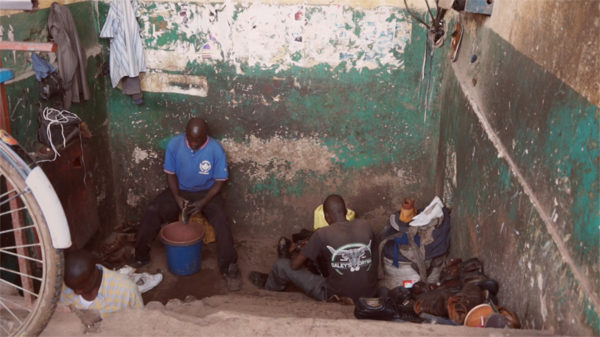
Its protagonists belong to a “Kampala-based youth movement that uses spoken word to challenge the oppressive restraints of Ugandan society and the increasing constraints on freedom of speech under current president Yoweri Museveni.” They include “Roshan, a mixed race Ugandan who has grown up in the UK; Ugly Emcee, a freedom-of-speech activist who reveals himself to be the grandson of Idi Amin; and Medals the Born Again Politician, who challenges the status quo with both his conviction and command of political pastiche.”
Shot over the course of three years with East African film students (primarily Ugandan with two Kenyans and a Tanzanian), the documentary follows the poets’ day-to-day lives, capturing these individual portraits as they blossom into “a cross-sectional vision of a country trying to shed its past and create a more inclusive and democratic reality, despite the conservative forces that are attempting to hold on to power.”
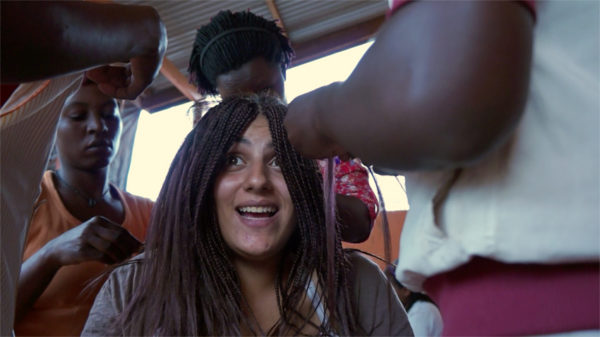
Reacting to the inclusion of the documentary for the Zanzibar International Film Festival, the director Farah has this to say:
“I am extremely happy for Somebody Clap for Me to be premiering at ZIFF. The festival has a long history of supporting independent African cinema and it is fitting that the film will receive its first public screening at one of Africa’s leading film festivals.”
Farah owes her inspiration for the documentary to her own childhood under military dictatorship in Brazil, a country whose artists, like Uganda’s artists in the documentary, resisted by voicing discontent through their poetry and art.
Uganda in the early years of this decade had a vibe that was very similar to Brazil in the late ’70s early ’80s. It’s a vibrant, colourful tropical paradise that on the face of things is a very happy place, but there’s a general discontent and great tension that is building below the shiny surface. And as this tension builds, it is expressed in one of two ways: either as violence or as poetry. It turns out Ugandan tribes have been practising slam poetry and spoken word in their own vernacular for centuries. Traditionally, poetry has been a way not only to impart knowledge, but also to express one’s grievances in a “more elegant way”, as one of my Ugandan friends told me.
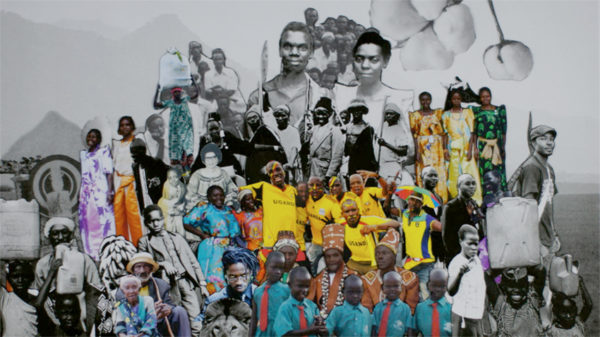
I hope that those who see the film get to experience this window into Uganda the same way that I have. For me, it was like observing young birds teaching each other how to fly. I witnessed their poetry evolve from personal poems about unrequited love and identity to pieces which openly criticised colonialism, Ugandan society and the current government.
I think the fact that 76% of Ugandans are under 25 years old plays a huge part in the current changes that are taking place in the country. If these youths were to wait for the elders to manifest themselves, they might never speak, since everyone around them is of a similar age group. As one of the characters in the film says, “It use to be the bonfire where the elders taught the youth. But now it is the bonfire of the young people to the young people, a more inspired moment.”
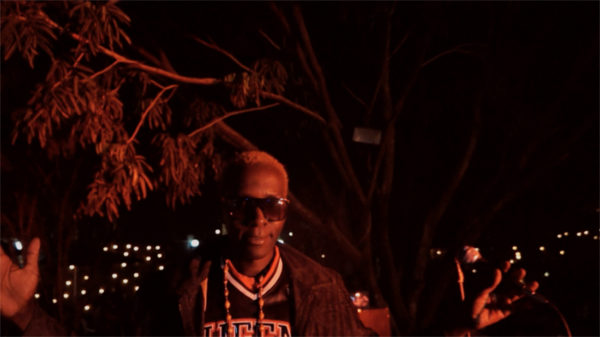
Poetry in Uganda has a storied revival and vibrancy, and we are happy that a project like this, a project dedicated to chronicling protest literature on the continent in film, is in existence. This is a development to be celebrated. Congratulations to the all who helped to make this happen.


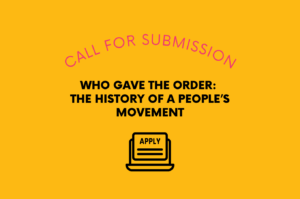



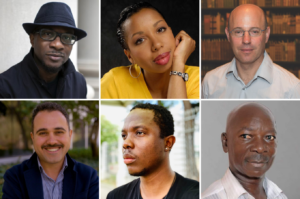
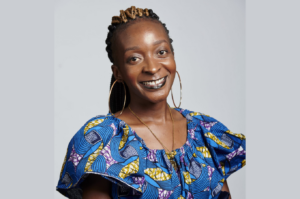

COMMENTS -
Reader Interactions